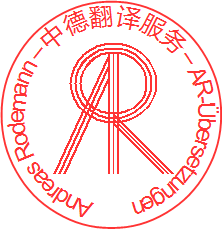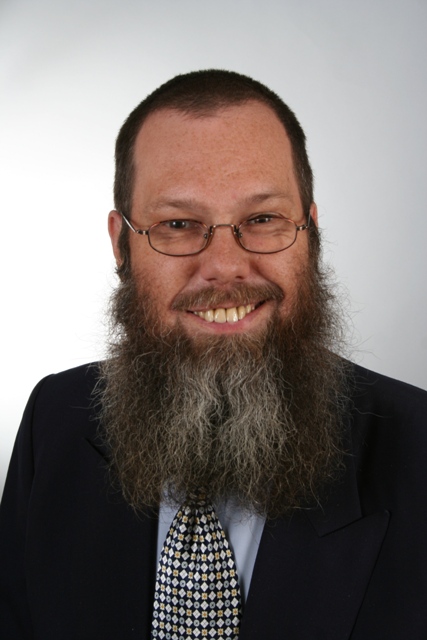
Translation according to ISO norm 17100 (Translation Services – Requirements for translation services) is the process of transferring a source text from one language to another.
- from Chinese into German
- from English into German
- from Chinese into English
- from German into English
With Chinese I mean the official Modern Chinese Standard Language (Standard Chinese) as spoken and written in the People's Republic of China. With English I mean British English as well as American English, and "International English" which cannot be related to a particular local language.
Translating patents makes very special demands on translators. For one, there are fixed wordings in patents in all languages that have to be complied with, because patent attorneys and patent lawyers, patent examiners and experts will expect those wordings in patent applications. In addition, patent specifications follow a very specific structure which the translation has to reflect.
The greatest challenge to translating patents, however, is the description of the invention. As the translator I have to understand the invention in the source language. And then I have find wordings in the target language that describe the invention accurately. The challenge here is to find precise wordings so that experts may comprehend the invention and its make-up. Any imprecise wording or choice of words could limit the invention and its make-up which in turn may jeopardise the protection of your invention. As the translator I have to decide together with you which wordings and choice of words I may use so that I will not jeopardise the protection of your invention.
Six translators in the areas of Bonn, Cologne and the Rhein-Sieg district with translating experience in general and patent translation in particular have gathered together to offer a solution for the growing demand for translating Asian patents. I. e., we mainly offer translating patents from Chinese, Japanese and Korean into German and vice versa. In addition, we are also offering research, information management and project coordinating. All fellow translators shown on this page are working exclusively in their own name and on their own account.
Please take a look at our brochure for further information.
The fellow translators
 |
Language pair: Chinese ⇒ GermanAndreas Rodemann Domains/Main fields: Economics, Trade, Automotive, Mechanical Engineering, IT, Wind Power, Professional background: 1994 University of Bonn – Dipl.-Übers. Chinese, Korean, subsequently permanent appointment as clerk in the commercial vehicle industry (technics, logistics), the mineral oil industry, real estate industry, electronics industry (semiconductors), mechanical engineering industry, metal processing industry |
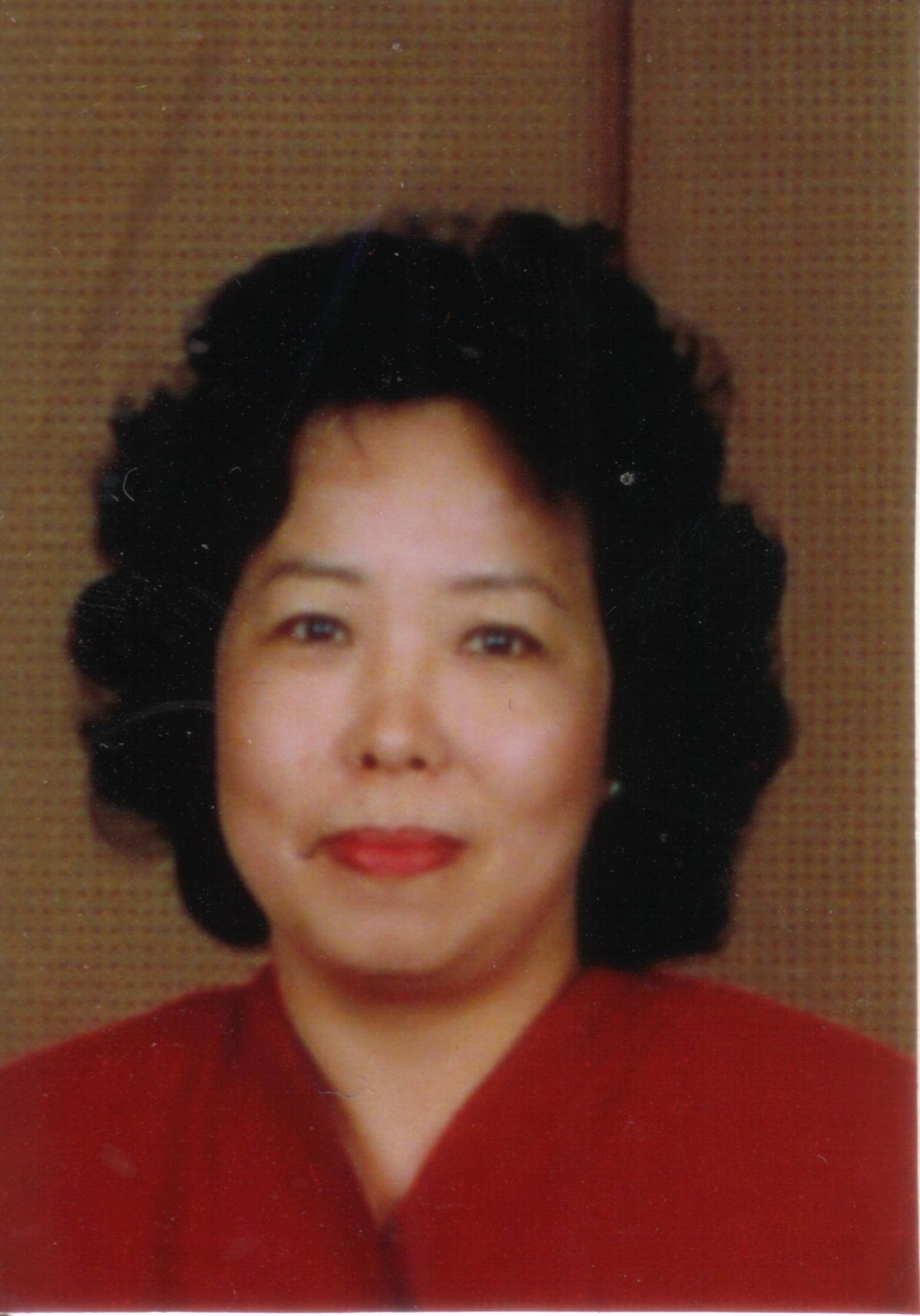 |
Language pair: German ⇒ ChineseMan-Ni Heser-Yang 楊 嫚 妮 Domains/Main fields: Economics, Politics, Literature, Medicine, Environment, Mechanical Engineering Professional background: Academic studies German Language and Culture at the Fu-Jen Catholic University Taipeh |
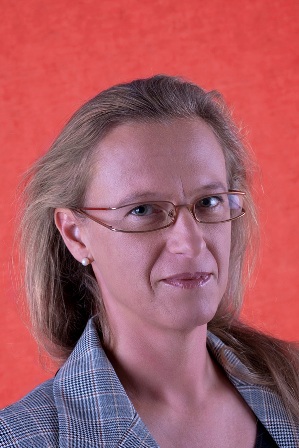 |
Language pair: Japanese ⇒ GermanBarbara Ölschleger Domains/Main fields: General Technics, mainly Automotive Industry, Mechanical Engineering, Plant Engineering and Electrical Engineering, Medicine, Chemistry, TPM and Kaizen. Also working as interpreter (consecutive und simultaneous). Professional background: Academic Studies at University of Wien and the International Christian University, Tokyo. Projects in plant engineering and the automotive industry. |
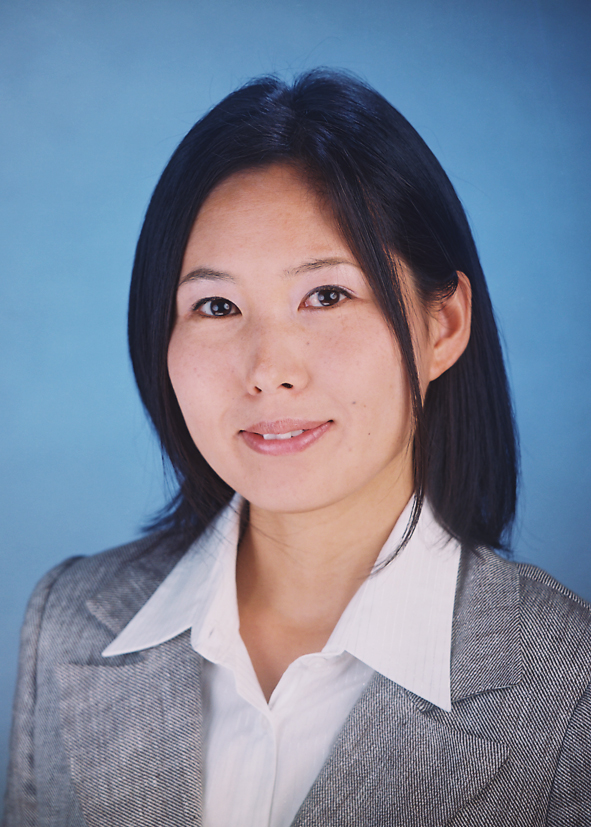 |
Language pair: German ⇒ JapaneseNaoko Wada 和田 奈穂子 Domains/Main fields: Medical Engineering, IT, Environmental Engineering, Heating Technology, Renewable Energies, Automotive Industry, Household Appliances, Electrical Appliances Professional background: University of Bonn – Dipl.-Übers. Chinese, Japanese |
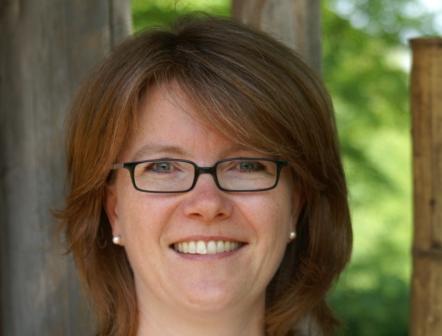 |
Language pair: Korean ⇒ GermanSabine Ganter-Richter Domains/Main fields: Natural Sciences, Technics, Engineering, Electronics, Information and Communication Technology, Environment, Education Professional background: 1994 University of Bonn – Dipl.-Übers. Korean, Japanese Further Information: Teaching Assignment at the University of Bonn |
Source: China's patent EXPLOSION could leave West behind
For this reason, six translators in the areas of Bonn, Cologne and the Rhein-Sieg district with translating experience in general and patent translation in particular have gathered together to offer a solution for the growing demand for translating Asian patents. I. e., we mainly offer translating patents from Chinese, Japanese and Korean into German and vice versa. In addition, we are also offering research, information management and project coordinating. All fellow translators shown on this page are working exclusively in their own name and on their own account.
Please take a look at our brochure for further information.
Revision
According to ISO norm 17100 a revision is comparing a target text with the source text. A revision is a mandatory part of the so-called four-eyes principle, in which a translation that has been produced according to ISO norm 17100 has to be checked by another qualified person. In a revision a translation is checked for correctness in terms of terminology and content. Upon enquiry I will carry out revisions for translations from Chinese or English into German.
Proofreading
According to ISO norm 17100 proofreading is a simple check of a text in the target language that has already been revised. The text in the target language will not be compared to the source text. Proofreading is not a mandatory part of the so-called four-eyes principle, in which a translation that has been produced according to ISO norm 17100 has to be checked by another qualified person. Upon enquiry I will proofread German texts wherein the German text does not have to be a translation.
Post-editing
According to ISO norms 17100 and 18587 post-editing is the revision of machine-translated texts. Post-editing is not covered by ISO norm 17100. In 2017 an independent norm for post-editing has been established with the ISO norm 18587.
Post-editing makes very specific demands on the reviser because he or she usually has to set his own view of premium quality translations aside. The client needs to define precisely how far the post-editing process may and also has to go. Upon enquiry I will post-edit machine translations from Chinese or English into German.
Norms
DIN EN ISO 17100: Translation Services – Requirements for translation services
DIN EN ISO 18587: Translation services – Post-editing of machine translation output – Requirements





